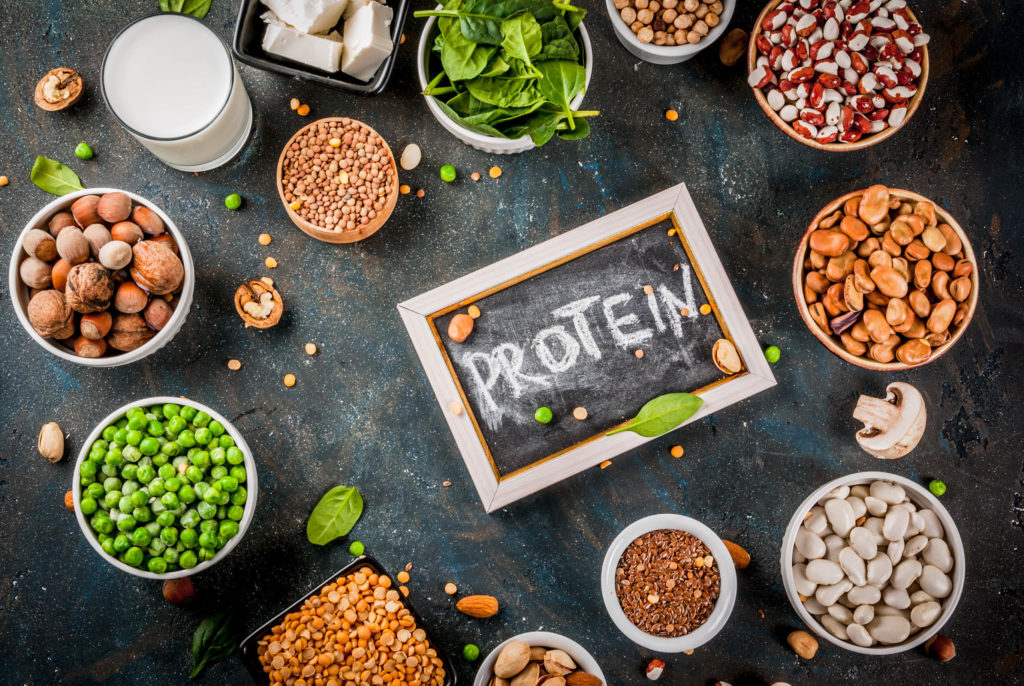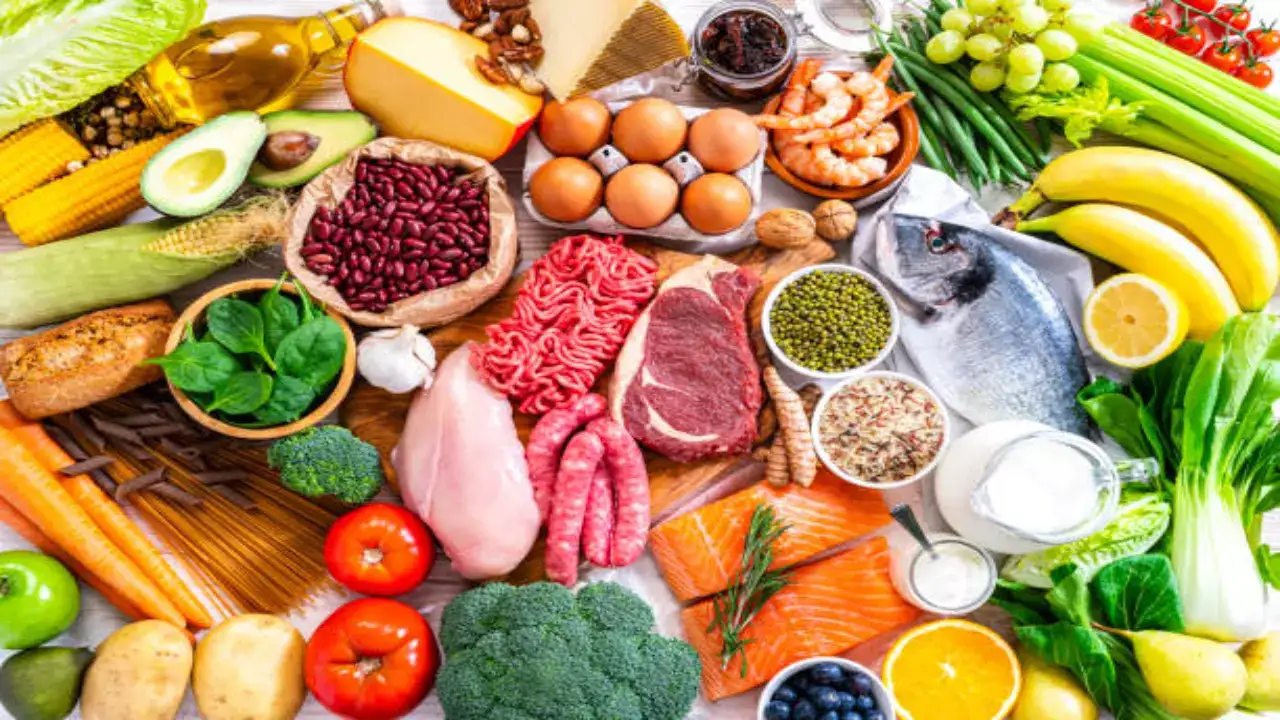Protein Face Off: 2 Powerful Sources That Fuel Your Body Differently
Protein face off discussions have grown louder as people explore healthier, more sustainable ways to nourish their bodies. The two leading contenders animal protein and plant protein each bring something unique to the table. While both serve the body’s essential needs, their differences go deeper than just origin.
Protein is a vital nutrient made up of amino acids. These are the building blocks of life, supporting everything from muscle growth to immune strength. Out of the 20 amino acids our bodies use, nine are essential meaning they must come from the food we eat. That’s where the choice between animal and plant protein becomes important.
Animal Protein: Complete Nutrition with a Caution Tag
Animal protein comes from foods like chicken, fish, beef, eggs, and dairy. It’s called a “complete” protein because it contains all nine essential amino acids in the right balance. For people who aim to build muscle or recover from illness, animal proteins are often preferred for their high bioavailability that is, how well the body can absorb and use them.
However, not all animal protein is equal. While lean meats, fish rich in omega-3s, and low-fat dairy are considered healthy, processed meats like sausages and bacon are high in saturated fats and cholesterol. These can increase the risk of heart disease if consumed excessively. Moderation and smart choices are key when relying on animal protein.
Plant Protein: Clean, Sustainable, and Rich in Benefits
Plant-based proteins come from lentils, beans, peas, nuts, seeds, quinoa, tofu, and whole grains. Although they are often “incomplete” (missing one or more essential amino acids), combining them cleverly like rice with beans can result in a complete protein profile.
What sets plant protein apart is its extra health benefits. It comes packed with fiber, antioxidants, and healthy fats. These compounds help manage weight, improve digestion, and reduce the risk of chronic diseases such as heart disease and diabetes. For those concerned about the planet, plant proteins also leave a much lighter environmental footprint compared to animal farming.
Nutritional Breakdown: How They Compare
In this protein face off, animal proteins shine with nutrients like vitamin B12, heme iron, vitamin D, zinc, and omega-3 fatty acids nutrients that are either absent or harder to absorb from plant sources. On the other hand, plant proteins offer phytonutrients, fiber, and unsaturated fats that promote long-term health and reduce inflammation.
What Should You Choose in the Protein Face Off?
The ideal choice depends on your personal goals, lifestyle, and beliefs. A mix of both animal and plant proteins can provide a balanced and well-rounded nutritional profile. For those following vegetarian or vegan diets, meal planning is essential to ensure adequate intake of nutrients like B12 and iron. Fortified foods and supplements may help fill the gaps.
If you’re focused on muscle gain or faster recovery, lean animal protein may be beneficial. If your goal is long-term health, sustainability, and lower fat intake, then plant-based sources are a smart option.
Also Read: Telangana Records Surprising Rise in Calorie Intake Despite Fewer Meals 2023-24
This protein face off reveals that both sources have strengths. Choosing the right one or combining both can fuel your body effectively. Think of your health goals, listen to your body, and let your food choices reflect both nourishment and purpose.


